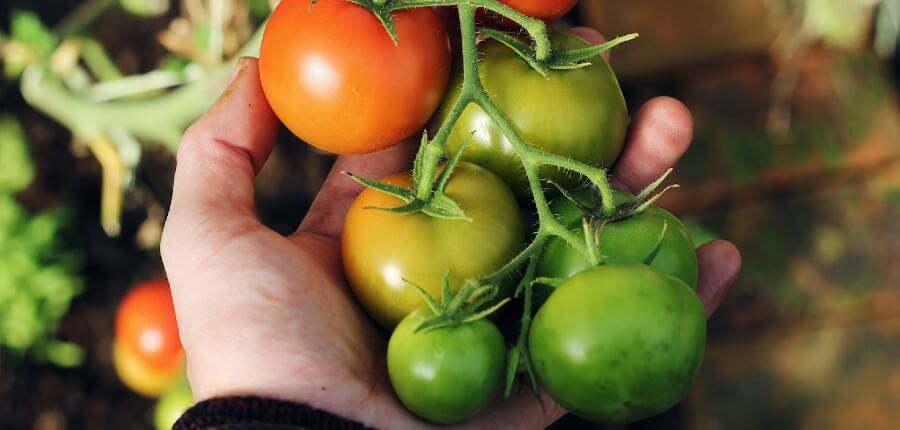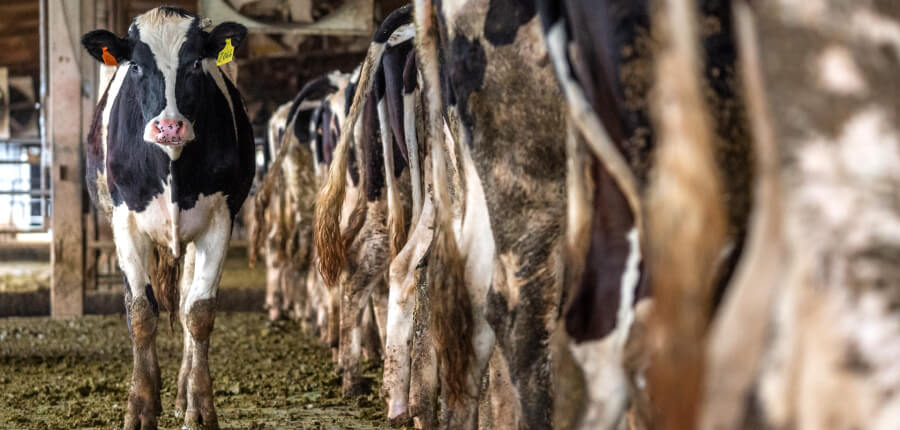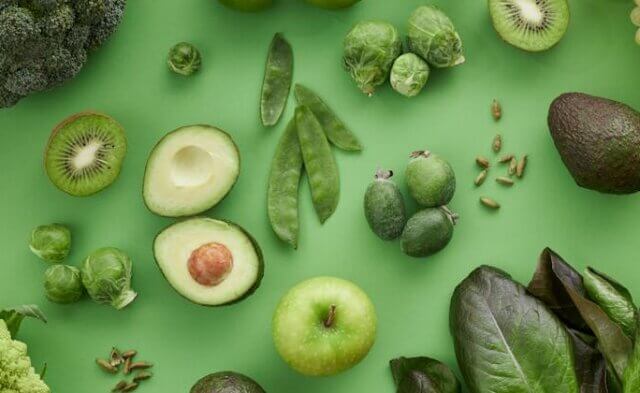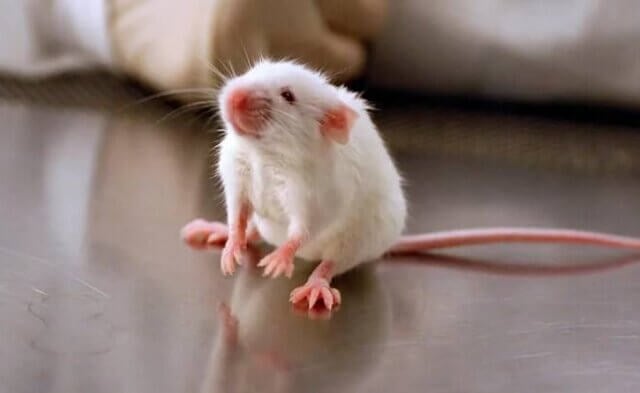The Dutch city of Haarlem, which is home to about 160,000 people, is set to become the first city in the world to ban meat advertisements in public places in an attempt to reduce meat consumption and combat the climate catastrophe.
This move begs the question: “What are U.S. cities waiting for?” The average American eats about four times as much beef as people in the rest of the world, and beef production alone causes massive amounts of greenhouse-gas emissions.
Do we really need to be bombarded with billboards, commercials and other advertisements prompting us to eat cruelly produced, cholesterol-laden foods that cause climate change and other environmental problems?
Global food production generates 35% of all planet-warming emissions, with animal agriculture, including organic, pasture-fed beef and lamb, causing twice the amount of greenhouse gases as fruit, grain and other vegan foods.
That’s largely because farmed animals produce a lot of methane, a powerful greenhouse gas. A United Nations report states that reducing methane emissions is one of the easiest ways to curb climate change and urges meat-eaters to choose vegan meat rather than animal flesh.
Studies have found that that vegan meat has a 93% smaller carbon footprint than beef, and researchers estimate that consuming vegan beef rather than cow flesh could reduce the number of cows raised for meat by up to 12 million.
Switching to vegan beef would also reduce the carbon footprint of food production in the U.S. alone by as much as 13.5%. And that’s not all. Scientists predict that a 50% reduction in the consumption of chickens and pigs by 2040 would be equivalent to taking 8 million cars off the road for a year.
The University of Oxford estimated the environmental impact of 57,000 different foods in the U.K. and Ireland and concluded that vegan foods tend to be 10 times better for the planet than animal-derived ones, not to mention that they’re often more sustainable as well.
There’s no question that vegan foods are healthy and nutritious, whereas animal flesh, eggs and dairy are high in unhealthy cholesterol and saturated fat. And animal-based foods are also devoid of fiber, complex carbohydrates and other nutrients essential to good health.
As Haarlem clearly realizes, raising cows, pigs, chickens and other animals for food exacerbates the climate catastrophe. With the Earth in crisis, the last thing we should do is encourage people to eat more animal flesh. That’s as counterproductive as advertising liquor at an Alcoholics Anonymous meeting.
For the sake of our planet and our health—and the animals who suffer immensely when raised and killed for food—U.S. cities should follow Haarlem’s lead and prohibit companies from advertising meat.
Americans don’t need ads that will prompt us to eat unhealthy, environmentally destructive and inhumanely produced foods. We need ads that will prompt us to eat nutritious Earth- and animal-friendly foods—vegan ones.






